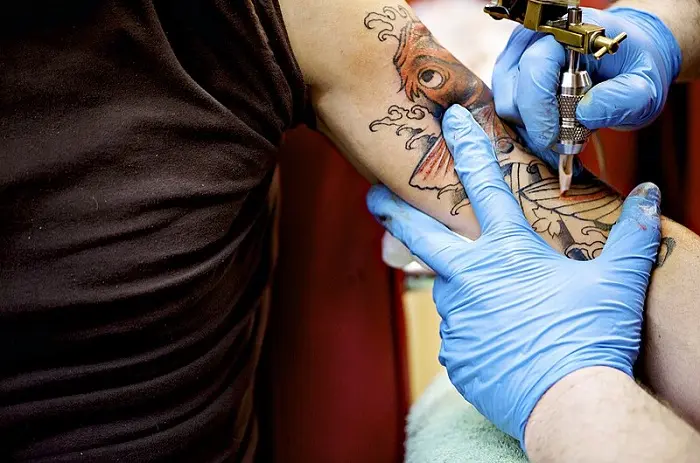The Senedd’s legislation committee has expressed serious concerns regarding a delay of over seven years in implementing crucial reforms for tattooing and body piercing. The Welsh Government introduced the Public Health Act in 2017, which included a new licensing scheme for tattooing, acupuncture, electrolysis, and body piercing.
In light of the committee’s criticism, the Welsh Government responded that preparatory work for the licensing scheme began in the autumn of 2019. Initially, the focus was on reforms related to intimate piercings for individuals under 18, which were enacted in February 2018. However, other proposed reforms were halted during the COVID-19 pandemic, and work did not recommence until the summer of 2022, followed by a consultation in 2023.
During a committee meeting on October 14, Labour member Alun Davies, a former minister, voiced strong disapproval of the seven-year delay, stating, “I think seven years is wholly unacceptable, and the response from [the] Welsh Government – I don’t find it in any way convincing.”
The planned licensing scheme aims to create uniformity across Wales’ 22 councils, which will retain enforcement responsibilities, supported by a central national public register. Under the new regulations, all practitioners of the four special procedures will need to obtain a license, and all premises or vehicles used for these services will require an approval certificate.
An impact assessment highlighted that the current registration scheme no longer sufficiently addresses public health concerns. It also noted that there have been cases of unregistered practitioners facing prosecution and having their equipment confiscated. Additionally, anecdotal evidence suggests that the rise of social media has led to more individuals advertising their services online without complying with the existing registration scheme.
You Might Be Interested In

